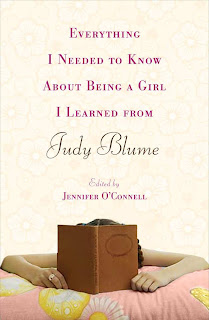STATUS: Iffy. Today I managed to knock a whole glass of water on my keyboard. I ended up leaving the office early so as to work on my laptop and let it dry out. Guess who might be buying a new cordless keyboard tomorrow? We’ll see. Sometimes they dry out and work fine.
What’s playing on the iPod right now? YOU WERE MEANT FOR ME by Jewel
Obviously a lot if you’ve been following the news lately regarding the controversy surrounding an anatomy vocabulary word in Susan Patron’s Newbery Medal winner THE HIGHER POWER OF LUCKY.
Never mind the bollocks! We have librarians!
Librarians who obviously think young minds cannot handle the term scrotum. Not a slang term or a crude reference, mind you, but the medically correct term for the pouch of skin that contains the testes.
Oops. Shouldn’t use a word like “testes” on this blog! That might sound too similar to testicle. Thank goodness I didn’t accidentally use the word nutsack instead.
Seriously, it’s this kind of ruckus that makes me shake my head in wonder.
(And don’t you love that word ruckus? I think I need to see more fun words like that in the sample pages I’m reading and use them in everyday situations. Today, despite Chutney’s loud protestations, I told her she couldn’t join the dog fracas at the park. Invariably she goes Napoleon on a big dog and it turns out silly. Fracas! What a lovely word.)
But I’m distracted. Tomorrow I plan to go out and support Susan in the best way possible. I’m going to buy her book. In fact, it sounds so good, I think I might buy several copies and send them to all the young people in my life because I have no problem with them knowing the vocabulary word of scrotum (and that it’s an unhappy moment if a snake bites a male puppy dog there.)


